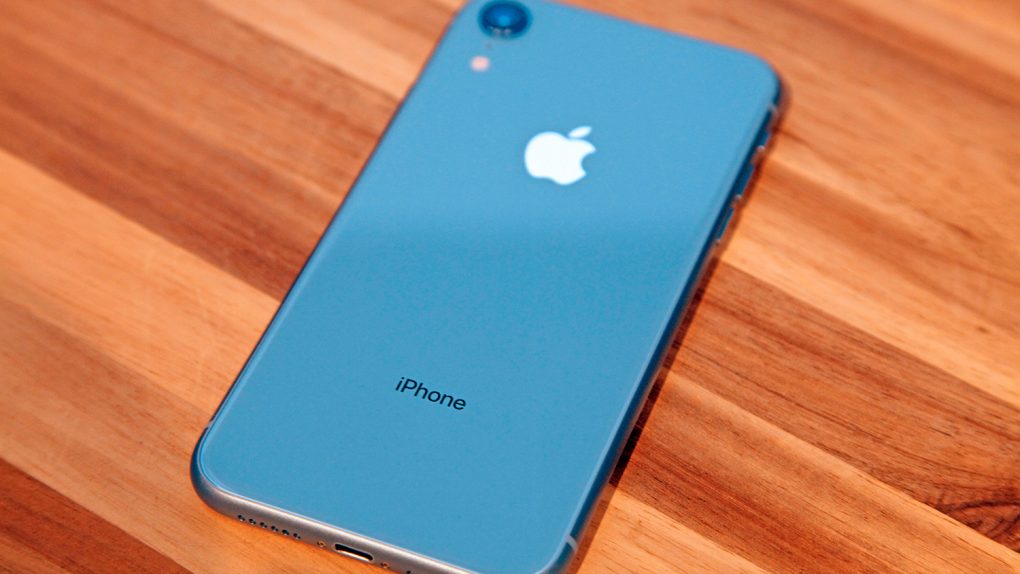Deepfake apps that let you insert your face into videos or photos, are nothing new, but a Chinese developer created an application for iPhone that lets you superimpose your face in clips in as little as 8 seconds. Called Zao, the app became viral in China over the weekend, but not solely because it works so well. The face-swap app received near-instant criticism for its privacy policy that gives the developer ownership of all user-generated content.
Zao works really well, showing how creepy and dangerous this type of AI technology can be. As you can see in the video below, Zao only needed 8 seconds to replace Leonardo DiCaprio’s face with the user’s face in the example below:
https://twitter.com/AllanXia/status/1168049059413643265
That’s a remarkable achievement both when it comes to speed and the smoothness of the end result, and it should remind us all of the dangers deepfake apps might pose. One would only need a few photos and clips to create fake news that could go viral on YouTube and social media. Thankfully, the app only lets you add your face to a few clips, which means it can’t be abused that way.
It’s the privacy implications that sparked immediate concern, Bloomberg reports.
An earlier version of the privacy policy said that the app had “free, irrevocable, permanent, transferable, and relicense-able” access to all user-generated content. The app requires users to upload an existing photo or a set of photos to create deepfakes. The developer has since updated its terms to say it won’t use any headshots or mini videos uploaded by users for any purposes other than to improve the app. The app will also delete any user content from its servers if users delete the app. At least, that’s what the developer says.
Users were outraged over the developer’s initial privacy policy and hit the app with a wave of negative reviews. The app might have been quick to top the free download chart on the Chinese App Store, but it soon received a rating of 1.9 stars out of five from more than 4,000 reviews.
“We understand the concern about privacy. We’ve received the feedback, and will fix the issues that we didn’t take into consideration, which will need a bit of time,” said Zao’s developer on Weibo. The company that made the app also develops Momo, a local hookup and live-streaming service.
Bloomberg notes that China’s E-Commerce Research Center urged authorities on Monday to look into the matter as well, saying that Zao “violates certain laws and standards set by the nation and the industry.”
Earlier this year, a similar app went viral. FaceApp allowed users to share images of how they might look when they grow old, but then it quickly became clear that the user had no say in what happened with the content created with FaceApp. The developer was eventually forced to allow users to delete the photos from its service.
Your best chance of preventing anyone from using facial recognition data from your photos or videos is, of course, fighting the urge to install these deepfake apps that often become viral.







